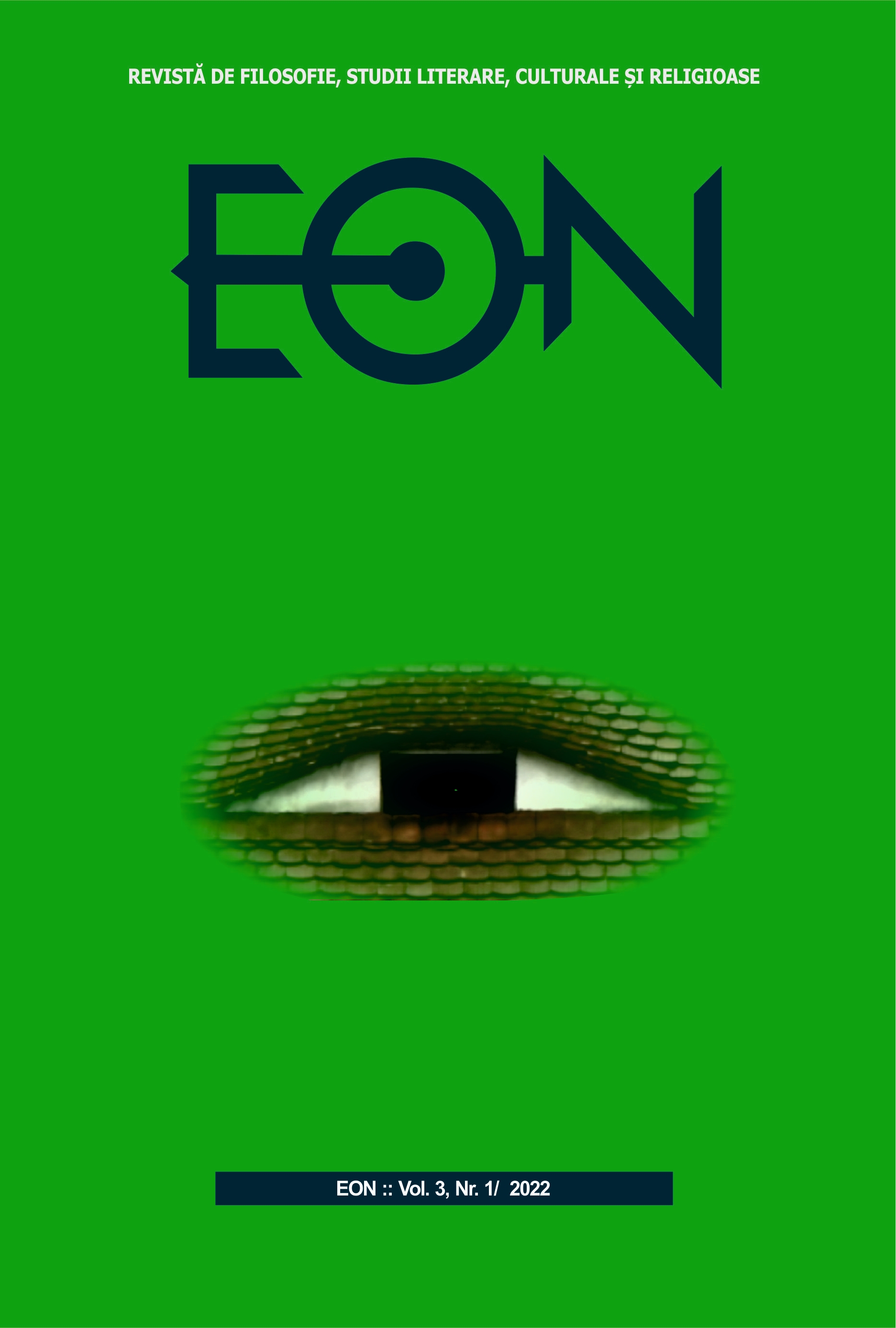Rousseau, religia naturală și pietismul protestant
Rousseau, natural religion and the Protestant Pietism
Author(s): Dragoș DragomanSubject(s): Philosophy, Philosophical Traditions, Metaphysics, Theology and Religion, Sociology of Religion, Ontology
Published by: Eon – Asociație pentru Promovarea Culturii, Artei, Educației și Cercetării Științifice
Keywords: Religion; Philosophy; Rousseau; Protestant ethics; Max Weber;
Summary/Abstract: By the effort undergone for almost two centuries, religious revelation is withdrawn from the public sphere to the very heart of the believers. Faith does no longer mean obeying to the sacred rules of the Church, leading the Christians to the path of salvation, but to search for the Sacred inside ones heart. This move is essential for understanding how organized religion in Western Europe coped with the rational interpretation of scientific observable data. Whereas the Catholic Church had serious difficulties in integrating scientific knowledge into his overall framework for interpretation of the world, the Protestant churches adapted quicker, by strongly emphasizing inner feelings, as the genuine call for personal salvation. However, moving from organized religion to a purely subjective evaluation of religiosity was the decisive coup to both ontology and religion, which ended in a secular philosophy of science, strong pietism, and a metaphysics of morals.
Journal: EON
- Issue Year: 3/2022
- Issue No: 1
- Page Range: 35-42
- Page Count: 8
- Language: Romanian

